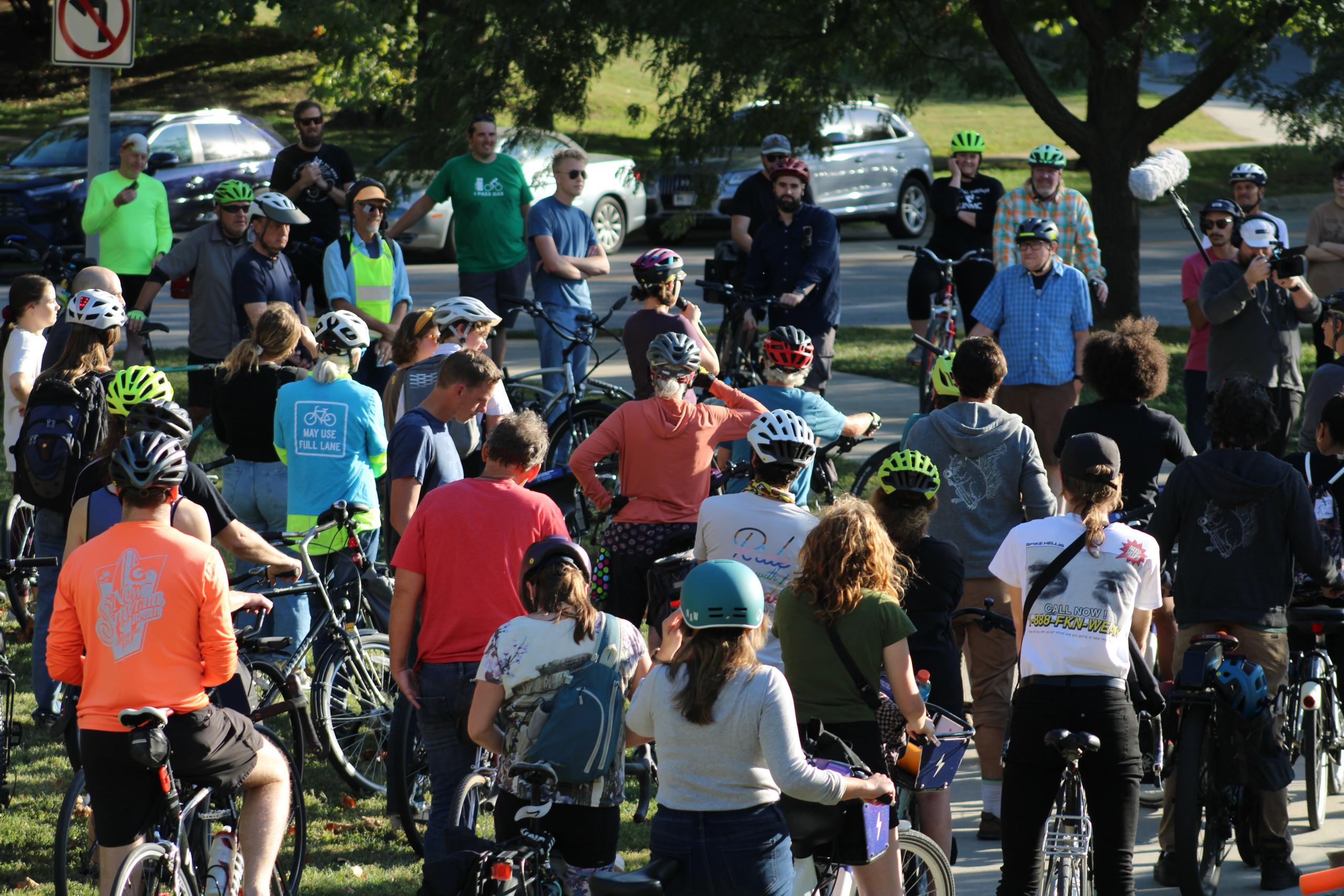We are pleased to welcome the state directors of Nebraska’s Senatorial Delegation as the guests at our November Coffee Chat, this Friday, November 17, 8 a.m. at Speilbound – 3229 Harney St, Omaha.
 Dusty Vaughan has been the State Director for U.S. Senator Deb Fischer since 2013 where he oversees her state offices. He also worked for Fischer all 8 of her years in the Nebraska Legislature, with 6 of those as her legal counsel on the Transportation and Telecommunications Committee.
Dusty Vaughan has been the State Director for U.S. Senator Deb Fischer since 2013 where he oversees her state offices. He also worked for Fischer all 8 of her years in the Nebraska Legislature, with 6 of those as her legal counsel on the Transportation and Telecommunications Committee.
Vaughan received his bachelor’s and law degrees from the University of Nebraska-Lincoln. He is a native of Omaha, where he currently resides with his wife Julie and four children.
We asked Dusty five questions . . .
1. What is your preferred mode of transportation?
In an ideal world, I like to jog. For practical purposes though, I use my personal vehicle.
2. What, in your opinion, is the greatest challenge to multi-modal transportation in Omaha?
I would say cost is the greatest challenge. Until a long-term solution presents itself, the federal highway trust fund will continue to face a funding shortfall. The state has improved its funding in recent years with the Build Nebraska Act and the Transportation Innovation Act. At the local level, from an outsider’s perspective Omaha does the best it can with the limited resources that are available.
3. What, in your opinion, the the greatest multi-modal success in Omaha?
I’m not sure about the greatest, but a recent success story was Metro Transit Authority receiving the first federal TIGER grant in Nebraska to develop the Bus Rapid Transit (BRT) system. Metro received the grant due to its creative approach to support the city’s growth and provide additional options for residents who lack mobility. It was a great win for public transit in this state.
4. How did you come to have an interest in transportation?
Transportation is something we all deal with on a daily basis so we all have an interest in it. I really became passionate about it during my time working as legal counsel for the Legislature’s Transportation & Telecommunications Committee. Having an integral part in the development of the state’s statutory transportation policy was something that was professionally satisfying.
5. If you could magically change one thing about the transportation systems in Omaha, without limit to budget or feasibility, what would it be?
If money was no object, my personal opinion is an East-West light rail system would be ideal. We have seen what that type of system brings to the economic development of other cities. As Omaha continues to face a westward expansion, it will become more difficult to keep the connectedness and “small-town” feel that makes Omaha unique. I believe a light rail system would keep east and west connected.

